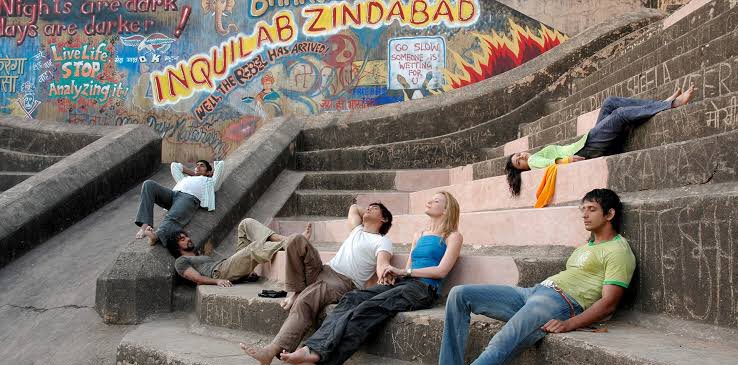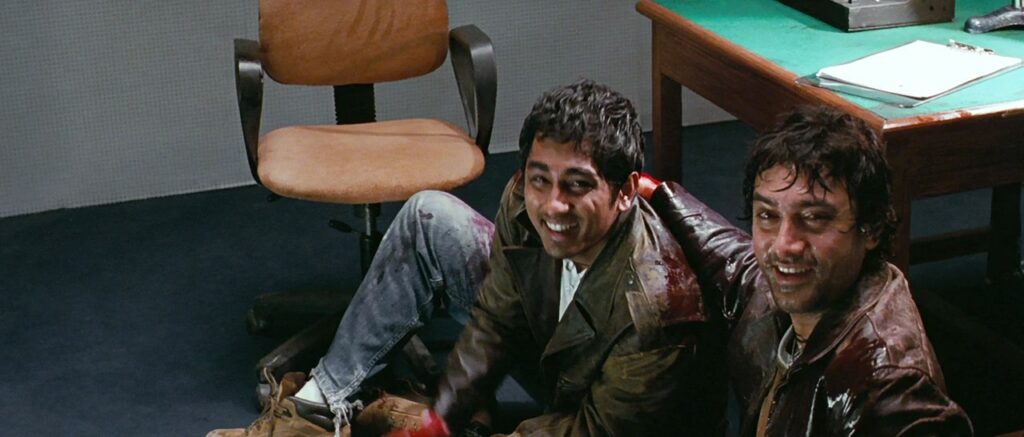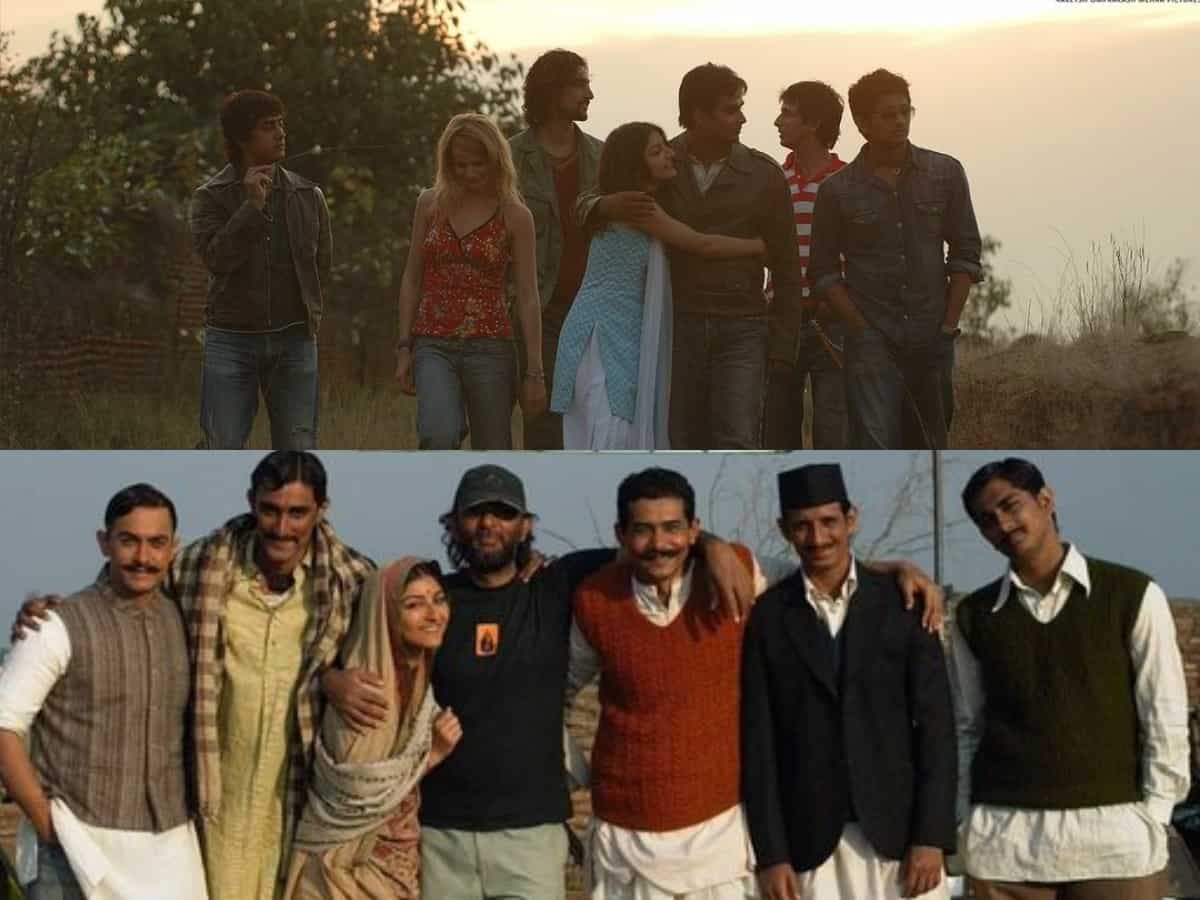“Dissent is the highest form of patriotism” is a popular adage. Though it is not observed in these times as dissent in all forms is effectively snubbed using state power, it is an antidote to propaganda and concentration of power. Popular culture–up to and including movies– has so far, only failed to portray dissent the right way.
The 2006-Republic Day release, Rakeysh Omprakash Mehra’s directorial Rang De Basanti changed it for India. Rang De Basanti was an epoch-making film in many ways. In the first place, it was one of the most explicitly political mainstream Hindi film ever made to take an ‘anti-establishment’ viewpoint, since it is about college students assassinating the defence minister because of his involvement in a crooked deal. Its advocacy of ‘revolution’ is straightforward and clear.

Written by Kamlesh Pandey, Rensil D’Silva and Mehra himself, Rang De Basanti is a story of a group of college students (played by Aamir Khan, Soha Ali Khan, Kunal Kapoor, Atul Kulkarni, Sharman Joshi, and Siddharth Narayan) realizing that their friend (played by R Madhavan), an Air Force pilot, died because his plane was made of cheap parts due to a corruption scandal involving a defence minister.
The opposition, a party with an anti-West, anti-Muslim ideology whose representatives wear saffron stoles, too, turn their support around. No close resemblance to anyone, really!
Anyway, with justice for their friend nowhere on the visible horizon even after severe protesting, they decide to take justice into their own hands and assassinate the defence minister — to bring details of this out in the open, they publicly claim responsibility for the assassination and agree to turn themselves in.

Re-watching Rang De Basanti now is hard-hitting– not because of the nostalgia it brought on, but because this 15-year-old film is reflective of recent times. The youth of the country have often been written off as being self-absorbed, insincere, spoiled and ungrateful and dissenters to the government are is conveniently termed ‘anti-national’ and ‘urban Naxal’.
While the BJP government has exploited the communal divide, Mehra says it’s been done before by other governments too. In one of his interviews, Mehra said: “Because it isn’t just about the government and the political leaders, it’s about the people of the country that make it. For me, it’s easy to raise a finger at the current regime but the broader reality that has now been exposed is that the collective consciousness of this nation has always believed in segregation, in the caste system.”
An essential part of Rang De Basanti is the music and the lyrics. AR Rahman and Prasoon Joshi, in their impeccable sync as always, gave an album that blends with the storyline. Khoon Chala, sung by Mohit Chauhan stands out and remains relevant.
In various demonstrations and in our recent memory, the CAA-NRC protests saw poetry of dissent widely becoming popular. From Faiz Ahmed Faiz to Rahat Indori, from Varun Grover to Hussain Haidry– Khoon Chala embodies the same revolutionary spirit. Wonder where that Prasoon Joshi is gone!
“It’s extremely sad that Rang De Basanti is relevant today,” Mehra said. “It doesn’t make me happy. The film was about change and the change within. That didn’t quite happen. We all need to come together for protecting the idea of India.”
If you watch Rang De Basanti in the current political atmosphere, it will leave you with several questions. But, one cannot help but wonder if this film would have been received the same way, as it did fifteen years ago. Would it have been even allowed for screening at all?








